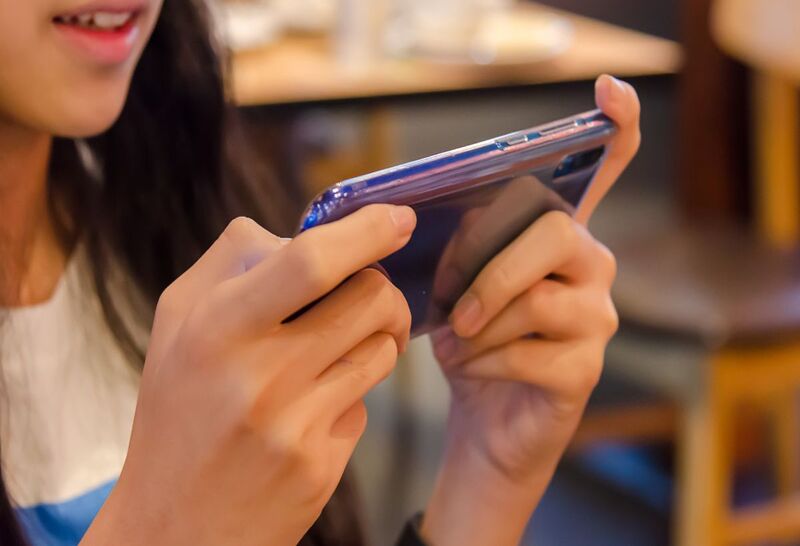Does your teen have nomophobia?
No Mobile Phone Phobia is a term used to describe the fear of not having access to a mobile phone or connectivity. Around 40% of Indians are known to have this.
Adolescence is a sensitive phase and the brain is known to be vulnerable to addictions. Recent research points to a high prevalence of smartphone addiction in Indian adolescents. However, owing to the varied benefits smartphones offer, instead of banning our teens from using them, we need to help them regulate their use and strike a balance between their online and offline worlds.
Addiction is considered by WHO (World Health Organization) as dependence, as the continuous use of something for the sake of relief, comfort, or stimulation, which often causes cravings when it is absent.
In a shocking incident, a 13-year-old girl recently plotted to harm her own mother after having her phone taken away, emphasizing the dangers of excessive mobile phone usage. The episode serves as a reminder of how crucial it is to create healthy boundaries and promote open communication within families in order to avoid such severe reactions.
The Plot Being Disclosed
The 13-year-old girl started seeing it as an extension of her very being. Her worried mother’s decision to seize the gadget after realizing the negative effects of excessive screen time set off a chain of startling events. The teenager devised a risky plot to retaliate against her own mother while experiencing withdrawal symptoms, which highlights the pervasive effects of unchecked cellphone addiction.
Parents found insecticide powder in a sugar container and phenyl-like liquid in the bathroom which was extremely shocking to them. Parents immediately reached out for help & knew that their 13-year-old teen was behind it.
Impact On Mental Health
Dr Hansal Bhachech, a renowned psychiatrist said that teens often exhibit self-harm tendencies when their phones are confiscated. The episode raises significant concerns about the long-term effects of unrestricted smartphone use on mental health, especially in young people who are still going through emotional and psychological development.
When kids play on the iPad or the phone, the dopamine levels in their brain increase. This affects the frontal cortex of a child’s brain pretty much the same way cocaine does. This portion of the brain controls memory, reasoning, problem-solving, and impulse control, which is why any addiction leads to a loss of these skills. Children are not born with these skills but develop them as they grow older which is why they are more susceptible to digital addiction.
Rehab clinic expert Mandy Saligari is one of the top addiction experts and warns that
When you’re giving your kid a tablet or a phone, you’re really giving them a bottle of wine or a gram of coke
According to studies, spending too much time in front of a screen can increase one’s risk of developing depression, anxiety, and social isolation.
Did you know that there is around 400% of rise in concerns related to phone and social media addiction since 2020?
Digital platforms’ rapid and frequently unfiltered nature can amplify these negative feelings, potentially driving vulnerable people to take drastic measures.
Preventions and Interventions
Parents, teachers, and governments must all take an active part in reducing the risks posed by smartphone addiction. Families must have open and sincere discussions about the advantages and disadvantages of technology, highlighting the significance of striking a balance between online and offline activities. Parental controls and screen time restrictions can help provide essential boundaries, ensuring that kids and teenagers learn to regulate their behaviour.
Tips that we can keep in mind for regulating smartphone use amongst our teens:
1. Moderate smartphone use
2. Define active vs passive use
3. Communicate with your teens
4. Co-engage
5. Use screen downtime apps
6. Model adequate smartphone use
7. Identify addictive behavior’s:
Schools should also include digital literacy programs in their curricula to educate kids about responsible internet use, media literacy, and the dangers of spending too much time in front of a screen.
We can empower young brains to make wise decisions and safeguard their mental health by arming them with the information and abilities to navigate the digital world safely.




















